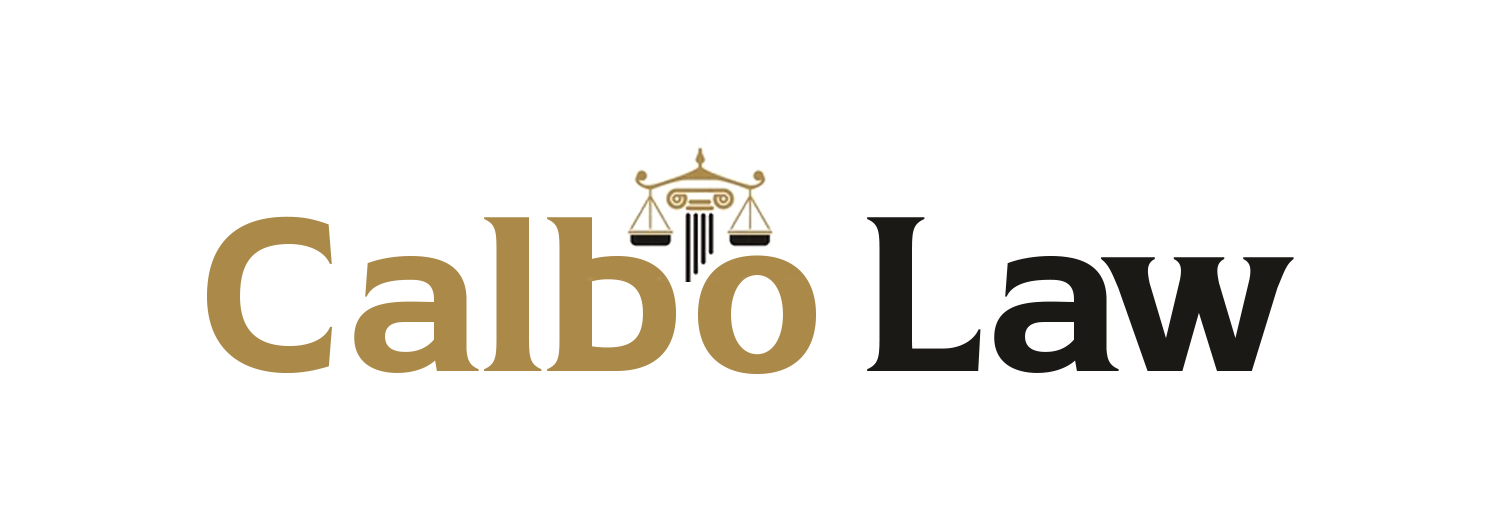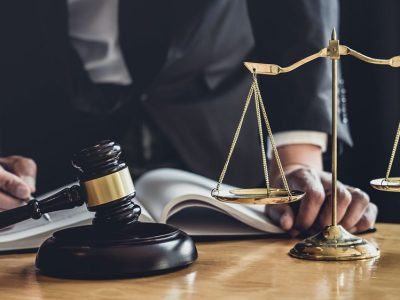Key Takeaways
- Compliance lawyers guide organizations through complex legal and regulatory frameworks, fostering ethical business operations and building trust.
- These professionals are increasingly vital as global regulations evolve and expectations for corporate accountability intensify.
- Adopting proactive compliance practices helps organizations avoid fines, reduce reputational risks, and ensure long-term sustainability.
- Collaboration between compliance experts and other departments is essential for instilling a deep-rooted legal and ethical responsibility culture.
- Companies must routinely review and refine their reporting, employee training, and compliance monitoring systems to sustain effectiveness.
- Data from recent studies and authoritative news sources confirm the expanding and central significance of compliance roles in modern organizations.
What Sets Compliance Lawyers Apart in Modern Business?
In contemporary business’s dynamic and high-stakes environment, organizations face a complex web of local, national, and global regulations. Compliance lawyers emerge as trusted guides, gatekeepers, and navigators in this terrain. Beyond mere legal experts, these professionals ensure organizations follow the rules and actively foster robust ethical standards and sound operating practices. Collaborating across departments, an experienced compliance attorney integrates best practices, policy interpretation, and risk anticipation into the fabric of organizational strategy.
Their roles frequently extend outside of boardrooms and legal offices. Compliance lawyers help design and review internal policies, implement hands-on employee training, and act as early warning systems for emerging threats. Whether the challenge is keeping up with fast-changing privacy regulations or embedding anti-harassment practices, these professionals weave legal obligations into transparent operational habits. A misplaced contract or overlooked regulation may seem minor, yet it can trigger cascading damage—fines, lawsuits, and public backlash. Compliance lawyers reduce these risks, preserve resources, and strengthen reputation in a climate where business integrity is closely scrutinized.
Key Responsibilities in Diverse Industries
The work of compliance lawyers is diverse, with nuanced responsibilities in each sector. As the Harvard Law School Forum highlighted, they are responsible for shaping customized compliance programs, crafting clear workplace policies, leading comprehensive employee training sessions, and rigorously monitoring everyday business operations. Their oversight is crucial for day-to-day guidance and crisis prevention, especially in industries under tight regulatory scrutiny.
Legal requirements can shift quickly without much advanced warning in financial services, healthcare, or global technology. A compliance lawyer’s ability to stay current—tracking guideline changes, performing risk assessments, and promptly updating policies—can be a game-changer. The repercussions for compliance gaps can be severe: fines, operating restrictions, or even prosecution. As organizations expand into new global markets, the value of experts who can manage region-specific risks, sudden regulatory changes, and cross-jurisdictional legal expectations grows, directly impacting an organization’s competitiveness and resilience.
Building a Culture of Ethics and Accountability
Successful compliance programs are built not simply on regulations but on values deeply embedded in daily work life. Compliance lawyers lead this charge, helping businesses surpass minimal legal requirements to prioritize honesty, transparency, and open communication. They champion initiatives that include safe, confidential reporting systems, regular company-wide code of conduct training, and anonymous channels for whistleblower concerns.
The widespread damage from recent corporate scandals—across sectors from banking to tech—has made clear that mere compliance on paper is not enough. Strong compliance cultures empower employees to recognize, confront, and report unethical or risky behavior before it spirals. Organizations cultivating this culture are more resilient under public scrutiny and can bounce back quickly after regulatory reviews or negative press. Organizations renowned for ethical leadership often see improved employee morale, reduced turnover rates, and greater long-term loyalty among stakeholders.
Adapting to Regulatory Change
The only fundamental constant in compliance work is change. Technology advances, governments revisit policies, and public expectations for ethical conduct evolve rapidly. Compliance lawyers must be agile, absorbing legal updates and efficiently translating them into relevant, actionable guidelines for the business. These professionals track dozens of regulatory changes annually—from emerging data protection statutes to environmental mandates and anti-money laundering rules.
A Reuters Legal Industry News report states agile legal and compliance teams are a key defense against sudden global risks. Rapid and coordinated responses are essential to responding to data breach regulations, shifting trade policies, or new sustainability standards. Adaptability can prevent disruptions, protect public and financial reputation, and position an organization as an industry leader, even amidst turbulent regulatory shifts.
Preventing Risk Through Proactive Strategy
Effective compliance programs thrive on anticipation, not reaction. Top-performing organizations prioritize preventive measures, ensuring compliance lawyers and teams don’t merely respond to infractions but actively work to prevent them. These legal professionals conduct routine risk assessments, monitor emerging trends, and analyze historical incident data to forecast vulnerabilities before they escalate. Leveraging technology is essential—automated compliance tools, AI-driven monitoring systems, and predictive analytics are increasingly used to flag risks early and maintain regulatory alignment.
Industry reports consistently show that companies investing in such proactive strategies face significantly fewer violations and enjoy reduced scrutiny from regulators. This is especially crucial in high-risk sectors like fintech, e-commerce, and healthcare, where new regulatory threats—from cybersecurity breaches to complex fraud schemes—emerge constantly. Leading compliance teams continually revise their policies, conduct simulations to test protocols, and train employees on evolving risks to stay ahead of the curve.
The results go beyond avoiding fines. Organizations benefit through sustained operational continuity, stronger public reputation, and greater investor confidence—key advantages in today’s risk-sensitive and transparency-driven marketplace.
Collaboration With Other Departments
Compliance is no longer the sole domain of the legal department—it’s a shared responsibility woven into the fabric of organizational operations. Effective compliance programs thrive when legal teams work closely with departments across the company, including human resources, finance, IT, risk management, and operations. Compliance lawyers are vital in translating regulatory requirements into practical, actionable policies that align with legal standards and company goals.
For example, when a company develops a new product, compliance lawyers review industry-specific regulations, assist IT teams with data security and privacy protocols, and ensure HR delivers training on relevant laws and internal guidelines. Meanwhile, marketing departments consult legal to avoid regulatory violations tied to misleading promotions. This cross-functional collaboration prevents regulatory missteps, protects brand reputation, and reduces legal exposure. It also builds a culture of accountability, where employees understand their role in upholding standards. Embedding compliance into every phase of business—from planning to execution—not only safeguards the organization but also reinforces customer and stakeholder trust in its products and practices.
Measuring Compliance Program Effectiveness
An effective compliance program is never static—it thrives through continuous assessment and improvement. Regularly scheduled audits and internal reviews serve as critical checkpoints, helping organizations uncover policy gaps, outdated practices, or areas where compliance efforts are not fully implemented. These reviews provide a foundation for targeted updates and more informed decision-making. In parallel, anonymous employee surveys offer valuable insights into workplace culture, helping leadership understand whether staff genuinely comprehend compliance expectations or merely go through the motions.
Analyzing incident reports, whistleblower activity patterns, and subsequent investigations can reveal blind spots, systemic issues, or recurring vulnerabilities. This data becomes a roadmap for strengthening integrity and accountability when reviewed consistently. Benchmarking internal training programs and compliance protocols against recognized industry standards or external regulations ensures that the organization doesn’t fall behind in evolving environments.
When all these elements are actively monitored and adapted, they contribute to a “living” compliance program that meets regulatory demands and fosters trust, transparency, and operational resilience across the organization.
The Future Outlook: Why Demand is Rising
Corporate compliance is quickly emerging as one of the most vital and in-demand disciplines within the legal profession. A combination of headline-grabbing scandals, high-profile data breaches, and ever-tightening privacy laws has brought compliance into the spotlight. The rapid speed at which news spreads across social media and global outlets only intensifies the consequences of non-compliance. As a result, companies now face immense pressure from customers, partners, regulators, and investors to demonstrate integrity, transparency, and proactive risk management.
This shifting landscape has made skilled compliance lawyers indispensable. Their role has expanded from reactive rule enforcers to strategic advisors who guide organizations through complex regulatory environments. Companies that view compliance not as a cost center but as a growth-enabling function are now reaping the benefits, investing in innovative technologies, employee training, and agile legal teams. Forward-thinking businesses understand that robust compliance programs are more than just safeguards; they are core to long-term success, fostering trust and strengthening reputations in increasingly scrutinized markets. The demand for adaptable legal minds in this space continues to rise.
Final Thoughts
Compliance lawyers are increasingly vital in today’s fast-paced and heavily regulated business environment. Far more than legal advisors, they serve as trusted guardians of a company’s integrity, helping navigate intricate regulatory landscapes with sound judgment and strategic foresight. Their responsibilities extend beyond ensuring policies align with current laws—they help design internal systems that detect and prevent misconduct, minimize liability, and support a culture of ethical decision-making from the top down.
As global markets become more interconnected and regulations shift rapidly across jurisdictions, these professionals serve as the bridge between business objectives and legal obligations. They help companies avoid costly fines, legal disputes, and reputational damage by ensuring operations remain transparent and accountable. Their guidance often extends into risk assessment, employee training, and adapting to emerging industry standards.
In an era when public trust and brand image can be compromised overnight, the work of compliance lawyers safeguards not just legal standing but long-term viability. Their leadership empowers organizations to grow responsibly while building trust with consumers, regulators, and stakeholders.












Comments